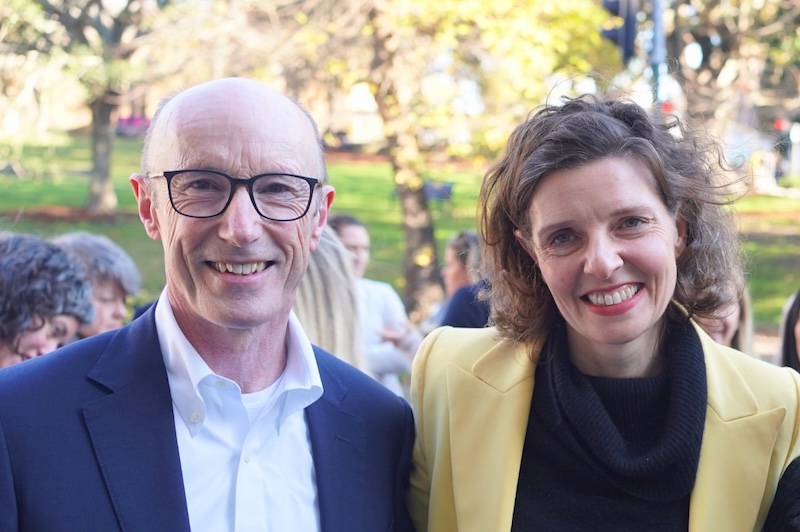
St Vincent’s Hospital and the Victor Chang Cardiac Research Institute are facing scrutiny after suspending renowned cardiologist Professor Peter MacDonald over alleged antisemitic remarks. The controversy stems from a brief comment MacDonald made at a Palestinian Justice Movement forum in Sydney, suggesting a potential link between Israel’s intelligence agency, Mossad, and antisemitic incidents in Australia.
The fallout was swift. A pro-Israel medical lobby group, the Alliance Against Antisemitism in Health Care, lodged a complaint with MacDonald’s employers. In response, St Vincent’s and the Victor Chang Institute issued statements condemning his remarks as “antisemitic, racist, and bigoted,” sparking a debate about free speech and the influence of powerful lobbies in healthcare.
Institutional Response and Media Reaction
Following the complaint, St Vincent’s initiated an inquiry to determine if MacDonald’s comments violated their workplace code of conduct, which emphasizes fairness. However, the transparency and impartiality of this inquiry have been questioned, particularly given the institutions’ immediate public condemnation of MacDonald.
Meanwhile, media outlets with Zionist leanings, such as The Australian, have amplified the allegations against MacDonald, further polarizing public opinion. The hospital’s leadership, including Chair Paul O’Sullivan, has remained silent, refusing to comment on the situation.
The Influence of Pro-Israel Lobbies
The situation has spotlighted the influence of pro-Israel lobbies within Australian institutions. Paul O’Sullivan, Chair of St Vincent’s Health Australia, has longstanding ties with the Australia-Israel Chamber of Commerce (AICC), a significant force in promoting Israeli interests in Australia. His involvement raises questions about potential conflicts of interest in handling the MacDonald case.
O’Sullivan’s career, notably at Optus and ANZ, has been marked by significant engagement with the AICC. He has publicly praised the organization for fostering business ties between Australia and Israel, which critics argue could impact his impartiality in the current controversy.
Corporate Connections and Historical Context
O’Sullivan’s corporate affiliations extend beyond healthcare. His tenure at Optus and ANZ has been characterized by high-profile controversies, including a recent $240 million fine against ANZ for unconscionable conduct. These issues, coupled with his support for the AICC, suggest a complex interplay of business and political interests.
The AICC has been instrumental in promoting Israeli technology and business practices in Australia, often involving high-level executives from various sectors. This relationship has drawn criticism from human rights advocates, who argue that it aligns Australian businesses with controversial Israeli policies.
Implications for Australian Healthcare and Beyond
The MacDonald case has broader implications for free speech and the role of political influence in healthcare. Critics argue that the swift condemnation of MacDonald’s remarks reflects a broader trend of stifling dissenting voices within academic and professional circles.
Furthermore, the case highlights the challenges of maintaining impartiality in institutions with deep ties to influential lobbies. As the inquiry into MacDonald’s conduct proceeds, the need for transparency and fairness remains paramount.
Looking ahead, the outcome of this inquiry may set a precedent for how similar cases are handled in the future, potentially reshaping the landscape of free speech and political influence in Australian healthcare.
The controversy continues to unfold, with stakeholders across sectors closely monitoring the developments. The implications for institutional integrity and freedom of expression will likely resonate beyond the immediate context of St Vincent’s and the Victor Chang Institute.







